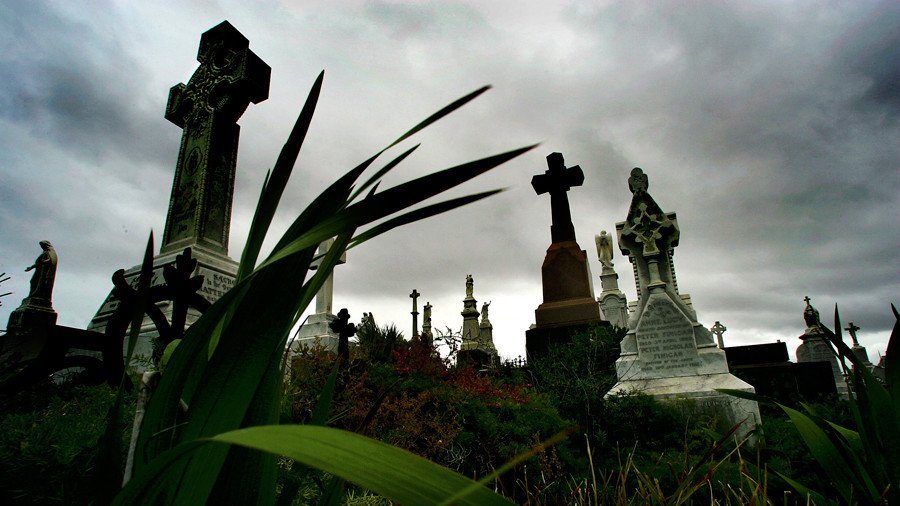Australia’s biggest bank charged fees to dead clients

Commonwealth Bank of Australia (CBA), which is the nation’s largest lender, has collected fees from customers who it knew had died, a major inquiry has heard.
The inquiry was ordered by Prime Minister Malcolm Turnbull last year following a series of scandals involving financial misconduct.
CBA told the Banking Royal Commission, which is the country’s top form of public hearing, that fees from customers have been regularly collected for services that had not been delivered. Some of its financial planners had billed services to deceased clients.
Australia’s Northern Territory scraps fracking ban https://t.co/G0H2260mRJ
— RT (@RT_com) April 18, 2018
The evidence revealed multiple examples of misconduct by the bank’s financial advisers. In one case, an adviser knew that a client had died in 2004 but continued to charge adviser-service fees that continued for a decade. The adviser received around $65 a month in fees in 2014 and 2015.
“When asked, he said he didn’t know what to do and he had tried to contact the public trustee and had not heard back,” the CBA document stated.
Another customer of a different adviser had died in 2007 and contact was made with the client’s wife in 2013, but no action was taken to stop service fees being charged.
Another one of the bank’s advisers was found to have been charging service fees for multiple clients with no evidence of ongoing services being provided. He also charged fees to a dead client.
The financial advisers involved in misconduct have been penalized with warnings by the bank, CBA said.
The bank has previously faced scrutiny for alleged breaches of anti-money-laundering laws, and for providing inappropriate financial advice. Government data prepared for the inquiry showed that over 80,000 consumers have been given bad advice over the past decade, costing them around $4 billion.
The commission is due to provide a final report by February 2019. Australia's Treasurer Scott Morrison has warned that financial executives could face strong penalties, including jail terms.
For more stories on economy & finance visit RT's business section















